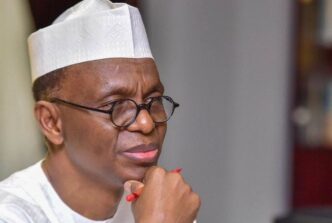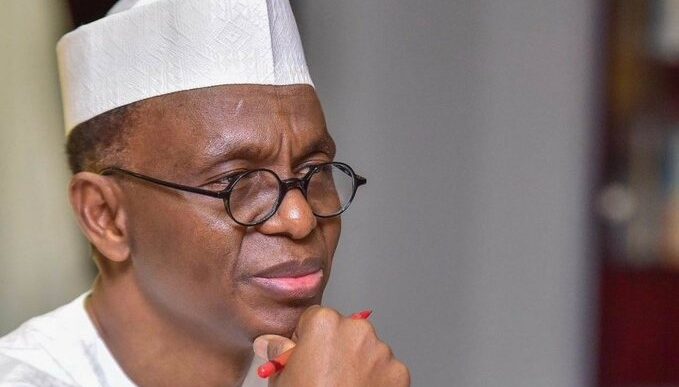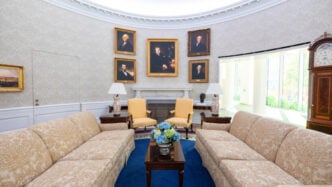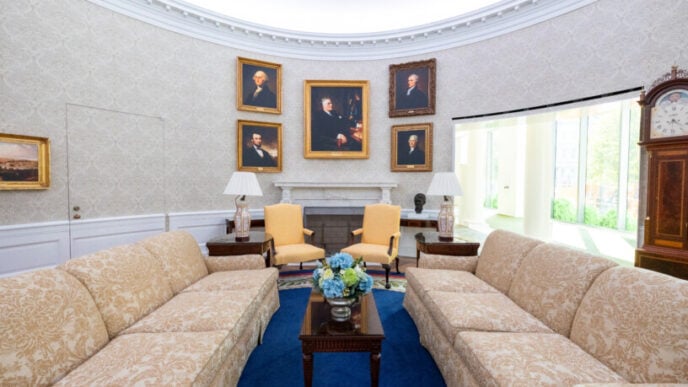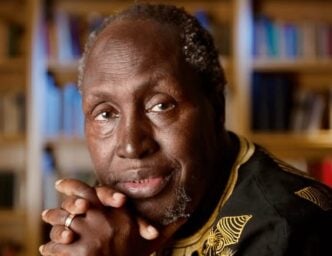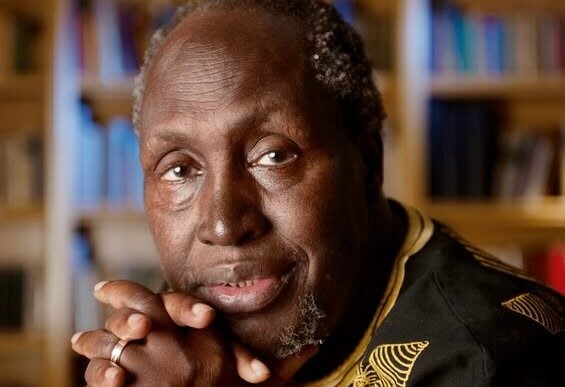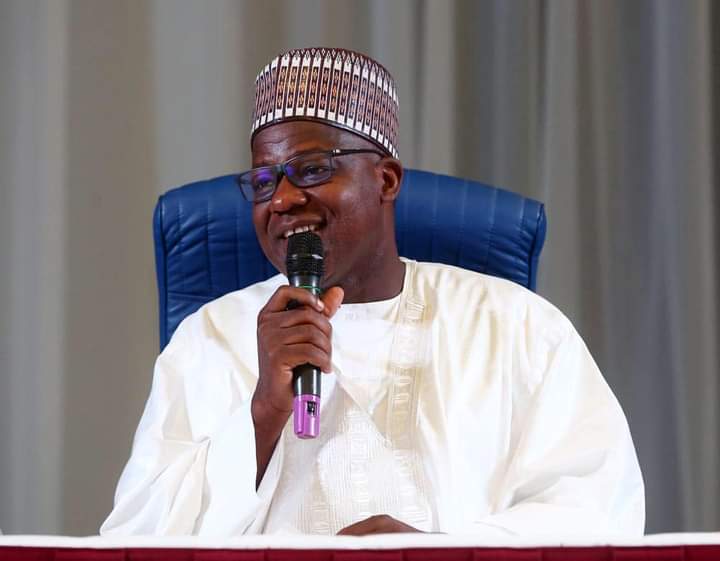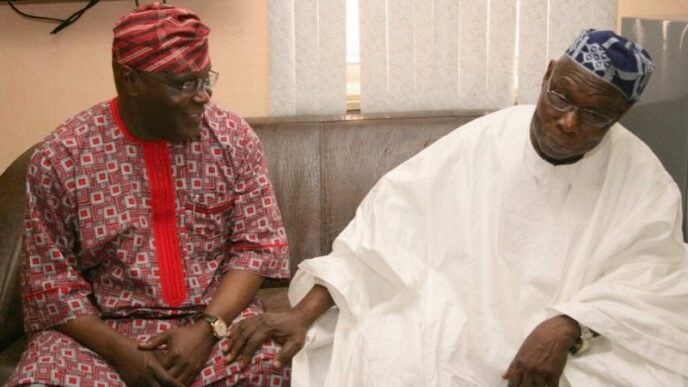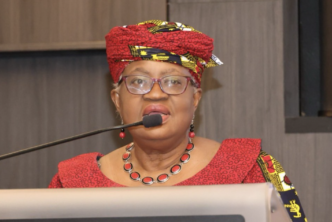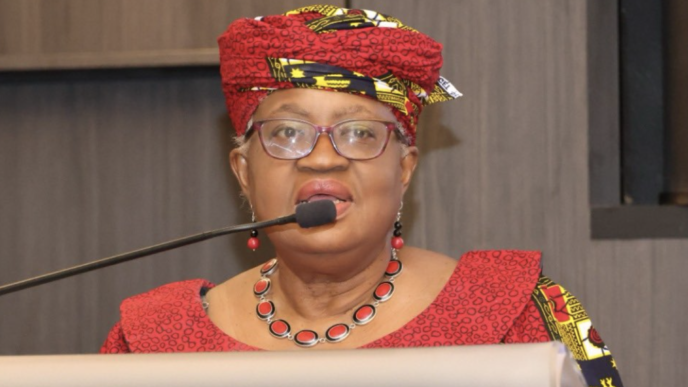These are the eight questions that separate politicians from opportunists.
1. What ideology or values do they stand for?
Do they have a clear political ideology (progressivism, conservatism, nationalism, etc.), or do they simply move with the wind of popular opinion or personal interest?
2. Have they contested or held any political office, or are they just politically loud?
Advertisement
In Nigeria, many self-acclaimed politicians have never stood for elections or held public office. Contesting, even without winning, shows commitment to the democratic process.
3. Do they understand the Nigerian Constitution and the Electoral Act?
A true politician should have at least a basic working knowledge of the laws that govern the country’s politics and elections. Otherwise, they are merely playing to the gallery.
Advertisement
4. Do they engage with the people outside of election cycles?
Do they only appear during campaigns or are they present in community development, town halls, and civic conversations year-round?
5. What have they sacrificed or risked for the public good?
Politics involves service. If they haven’t made any sacrifice, time, money, career, or safety, it might just be ambition without commitment.
Advertisement
6. Are they building a political structure or just building a brand?
A politician builds institutions, relationships, and systems. A pretender is only interested in fame, social media clout, or trending hashtags.
7. Do they empower others politically or hoard influence?
Do they mentor new leaders, create space for others, and support the democratic process or are they just seeking power for themselves?
Advertisement
8. Have they ever taken a stance that cost them popularity?
Real politicians sometimes go against the grain to defend justice, policy, or principle. If someone always plays it safe or pleases everyone, they may not be in politics for the right reasons.
Advertisement
Views expressed by contributors are strictly personal and not of TheCable.



